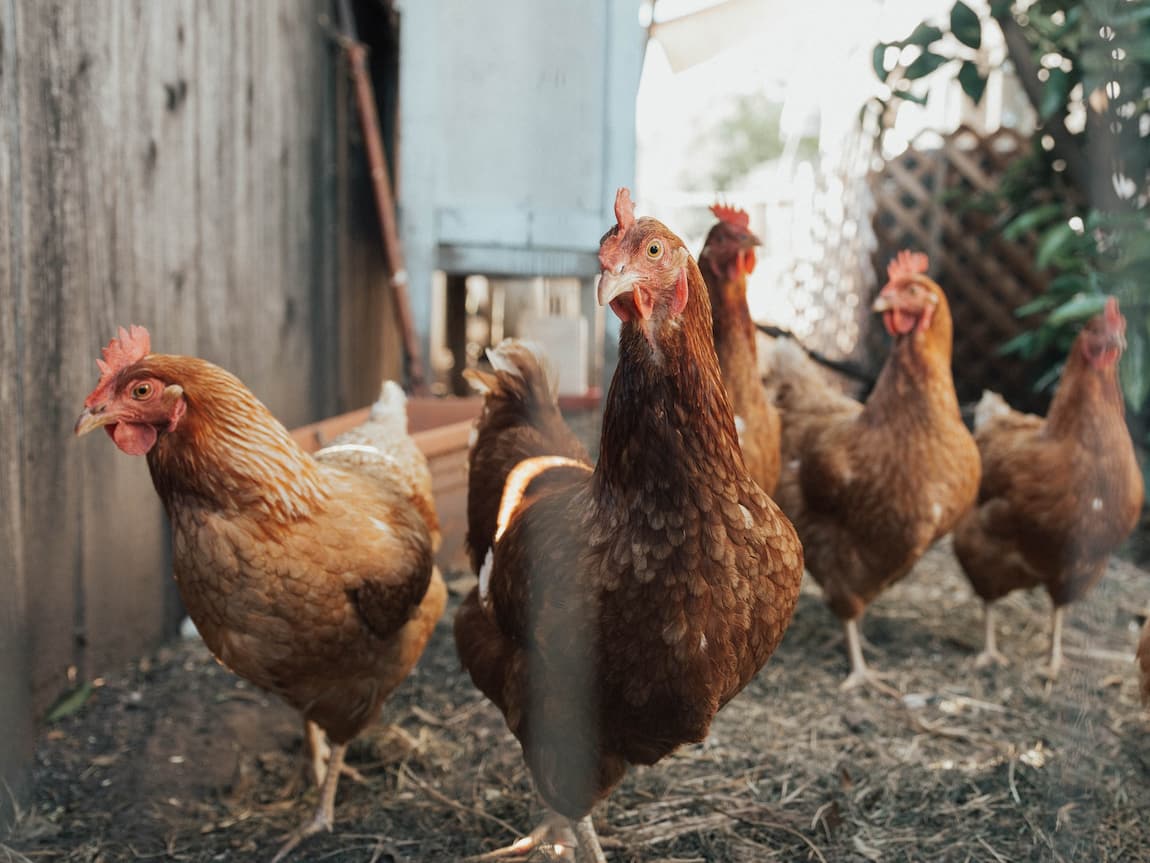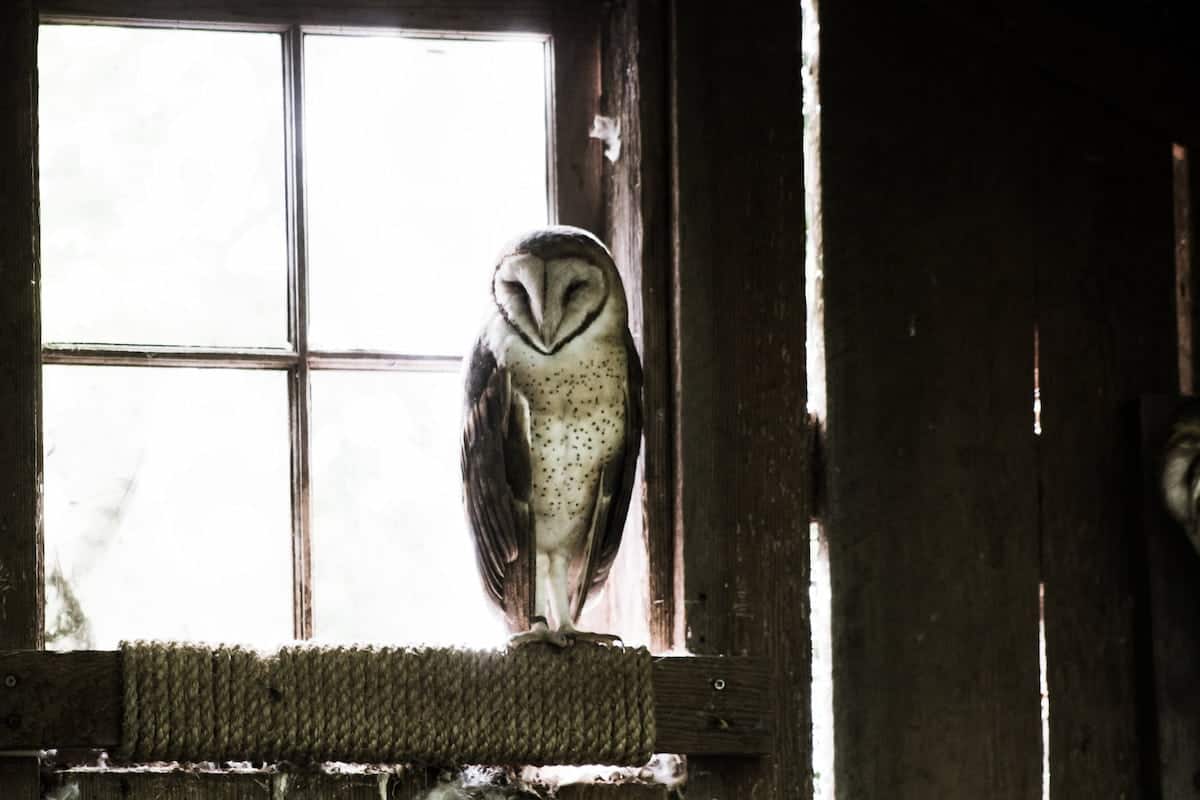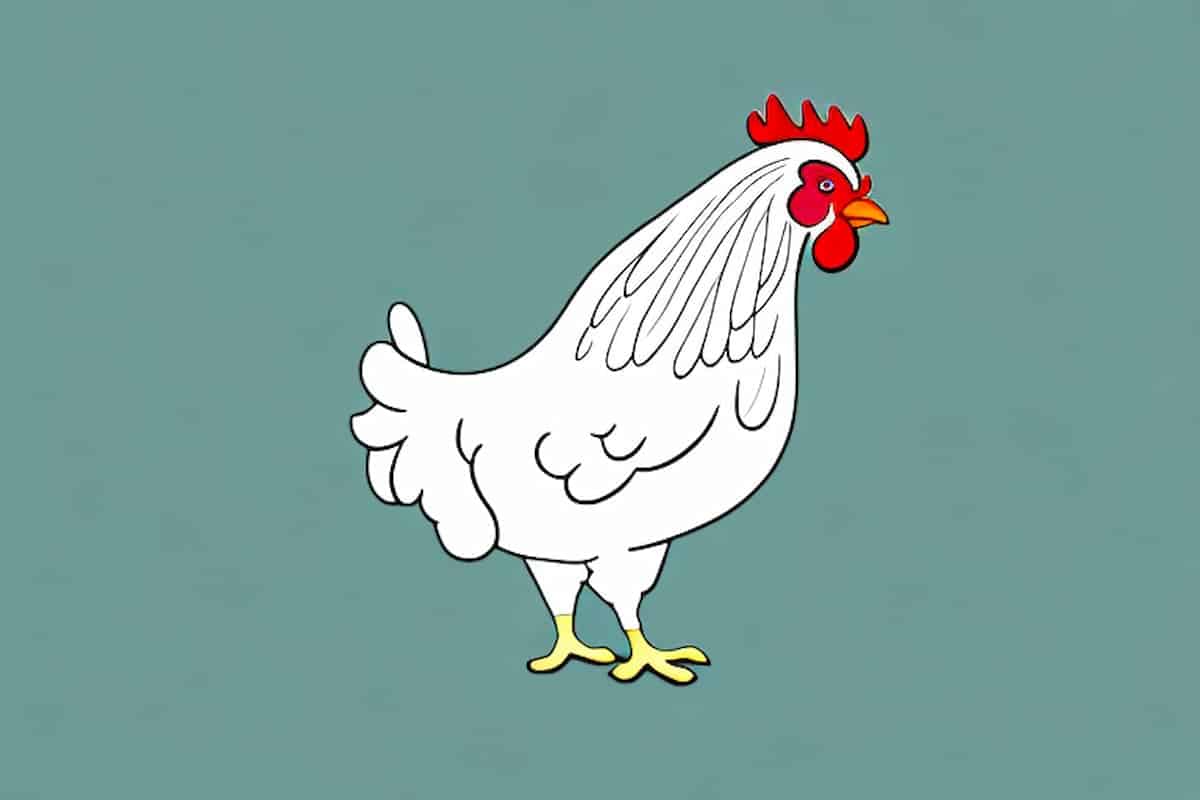Whether you’re a seasoned chicken-keeper or you’re a newcomer, it’s necessary to understand the importance of sleep for your chickens, but knowing how much sleep they need is just the first step.
You might be surprised to learn that a chicken’s sleep habits are quite similar to humans. They need around 8 to 12 hours of sleep per day, but the similarities don’t stop there.
How Long Do Chickens Sleep?
As you now know, chickens need approximately 8 to 12 hours of sleep per day. That’s more than what many humans would consider ample sleep, but chickens need the extra rest to be able to fulfill their daily activities such as laying eggs (for hens) or searching for food.
If a chicken’s sleep needs aren’t met, it will affect their health and egg-laying cycles. Chickens rely on light to regulate their egg-laying, so many commercial egg farmers exploit this by using artificial light to trick the chickens’ bodies into thinking it’s constantly time to lay eggs.
This leads to the chickens severely lacking the proper amount of sleep, which leads to extreme stress, pecking, and even cannibalism. This excess stress can also lead to other serious problems such as ovarian cancer.
On a lighter note, there are several things that affect how long chickens should sleep including their age, the time of year, the size of their flock, and the presence of predators nearby.
A Chicken’s Sleep Changes with the Seasons
As we mentioned already, chickens sleep for 8 to 12 hours each day. This sleep cycle doesn’t remain constant though. There’s a reason why the rooster always crows when it’s close to daylight.
Chickens typically only sleep when the sun is down. Since the amount of daylight we see changes throughout the year, the amount of sleep chickens get also changes. During the summer months, chickens will sleep less, as the sun is up for longer, but during the winter months, chickens sleep more because the sun is down for longer.
That also means that hens will naturally lay fewer eggs during the winter months, so if you rely on eggs from your chickens, make sure to stock up by pickling them ahead of time, or opt to utilize artificial light for a few extra hours each day.
As long as you’re giving the hens ample time to rest, the extra light time during the winter months won’t place them under any extra stress, and you’ll be able to continue enjoying their eggs.
Do Chickens Make up for Lost Sleep?
If you’re raising a flock of chickens, the last thing you want is for a predator to circle the henhouse and terrorize your flock all night, but sometimes it happens. Like every other animal on the planet, chickens need sleep to recoup and recover.
Chickens have relatively large brains for their size—they’re able to remember where they buried food later on, where they roost, and more—so they also need sleep so that their brains can reset for the next day.
Humans need deep sleep so that our brains can consolidate information from the previous day and “reset” to be able to take in more the next day. But, if we miss out on sleep, we have to sleep even more to make up for it.
Chickens, however, are quite different in this respect—they’re able to make up for lost sleep in just a few minutes, and they reach deep sleep in intervals of just 15 seconds. Chickens are able to get into slow-wave, deep sleep very quickly, allowing them to make up for lost sleep during the night.
They’re also able to do this with one eye open! That’s right—when chickens sleep with one eye open, they’re resting half of their brain, while remaining alert with the other half.
Do Chickens Only Sleep at Night?
If you’re raising a flock of chickens, it’s not uncommon to find them taking short naps throughout the day. Even if your property isn’t fenced off, chickens will typically feel safe among the crowd and doze off periodically. This is especially true for chicks, they actually require the extra rest to continue normal growth.
Do Chickens Dream?
Among other similarities to humans such as sleeping only at night, napping during the day, sleeping more as a baby, and also as an elder, chickens also share a similar sleep cycle.
Research has discovered that chickens experience REM sleep (Rapid Eye Movement), but in shorter intervals. While humans might experience REM sleep for a few minutes to an hour, chickens only experience REM for 10 to 15 seconds at a time.
Humans experience dreams during REM sleep, so maybe chickens dream as well!
How to Make Sure Your Chickens Sleep Well
If you want to raise and keep your flock healthy, it’s essential that they have a place to sleep safely.
The chicken coop should include roosts of varying sizes and heights to accommodate for different sizes and seniority among the flock. It should be above the ground, enclosed for security, and difficult for anyone or anything else to get into. It should also be cleaned regularly.
If you live in an area where it gets very cold, you should install a light or ceramic heat emitter to keep them warm while they sleep.
Conclusion
A chicken’s sleep patterns aren’t all that different from a human. They need 8 to 12 hours of sleep per night, take naps throughout the day when they feel safe, and may even dream like we do.





